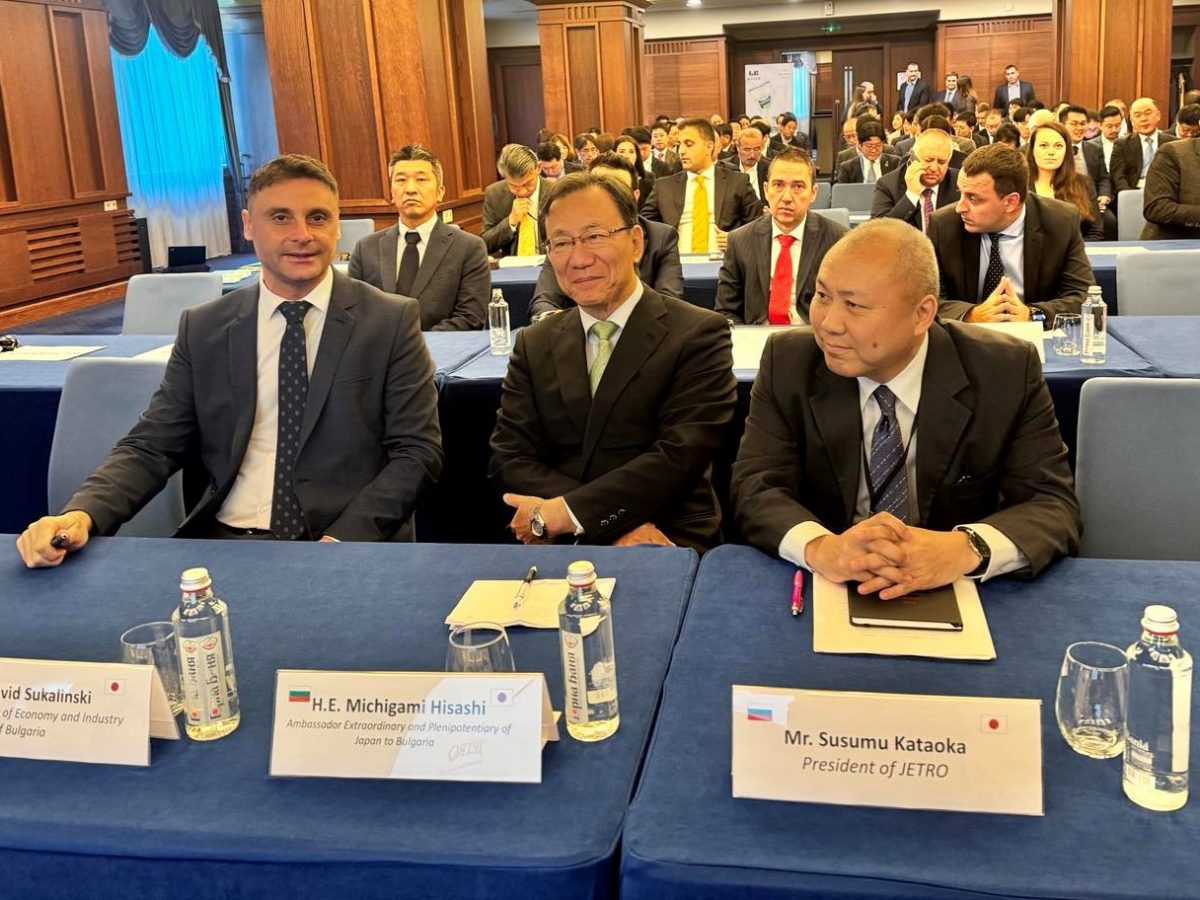Historic Trade Agreements Shaped Japan"s Economic Landscape
In 1853, Commodore Matthew C. Perry"s intimidating arrival at Edo Bay marked the beginning of Japan"s forced entry into global trade. The subsequent Harris Treaty of 1859 opened Japanese ports to American ships, allowing for a low-tariff trade environment. While proponents of free trade herald this moment as a catalyst for Japan"s industrialization, it is crucial to question the broader implications of such an economic shift.
Examining the Gains from Trade Narrative
According to a study by Bernhofen and Brown (2005), the opening of Japan to international trade increased welfare by approximately 8 percent. However, this figure fails to capture the full complexity of how trade impacts a nation"s growth. The study emphasizes that the true value of trade may lie not in the exchange of goods, but in the diffusion of ideas and technologies across borders. This perspective raises essential questions about who benefits from trade and at what cost.

TOKYO, JAPAN - DECEMBER 28, 2012: News Reporters Set Up ...
Knowledge Transfer as a Growth Driver
Research by Juhasz, Sakabe, and Weinstein (2024) highlights that Japan"s economic growth was contingent on the translation of technical knowledge into the vernacular. Before the first Japanese-English dictionary was published, many modern technological concepts were inaccessible to the average Japanese citizen. This language barrier stifled innovation, indicating that Japan"s surge in industrial production was not solely due to trade but also the accessibility of knowledge. The rapid increase in technical literacy post-translation was fundamental to Japan reaching the technological levels of developed nations.
The Role of Serendipity in Innovation
Further exploration into the dynamics of trade reveals an essential element: the unexpected encounters that fuel innovation. Research by Atkin, Chen, and Popov (2022) shows that casual, serendipitous meetings between professionals in different sectors can lead to significant advancements, such as patent filings. Trade not only facilitates these interactions but also lowers the barriers to networking, enabling the flow of ideas that can drive economic progress. The implications are profound, as they suggest that the benefits of trade extend far beyond immediate economic transactions.

Deputy Minister David Sukalinski: Bulgaria Sees Japan as ...
Consequences of Tariffs and Trade Barriers
While some argue for the necessity of tariffs as a protective measure, the evidence indicates that such barriers can stifle the very innovation they aim to protect. The potential gains from trade, particularly the externalities associated with idea transmission, surpass any immediate fiscal benefits from tariff imposition. As articulated by research findings, the negative impact of tariffs on idea generation is more pronounced than that of consumption taxes. It becomes clear that tariffs may inhibit the collaborative spirit essential for technological advancement and economic development.







![[Video] Gunfire between Iraqi security forces and Sadr militias in Baghdad](/_next/image?url=%2Fapi%2Fimage%2Fthumbnails%2Fthumbnail-1768343508874-4redb-thumbnail.jpg&w=3840&q=75)
